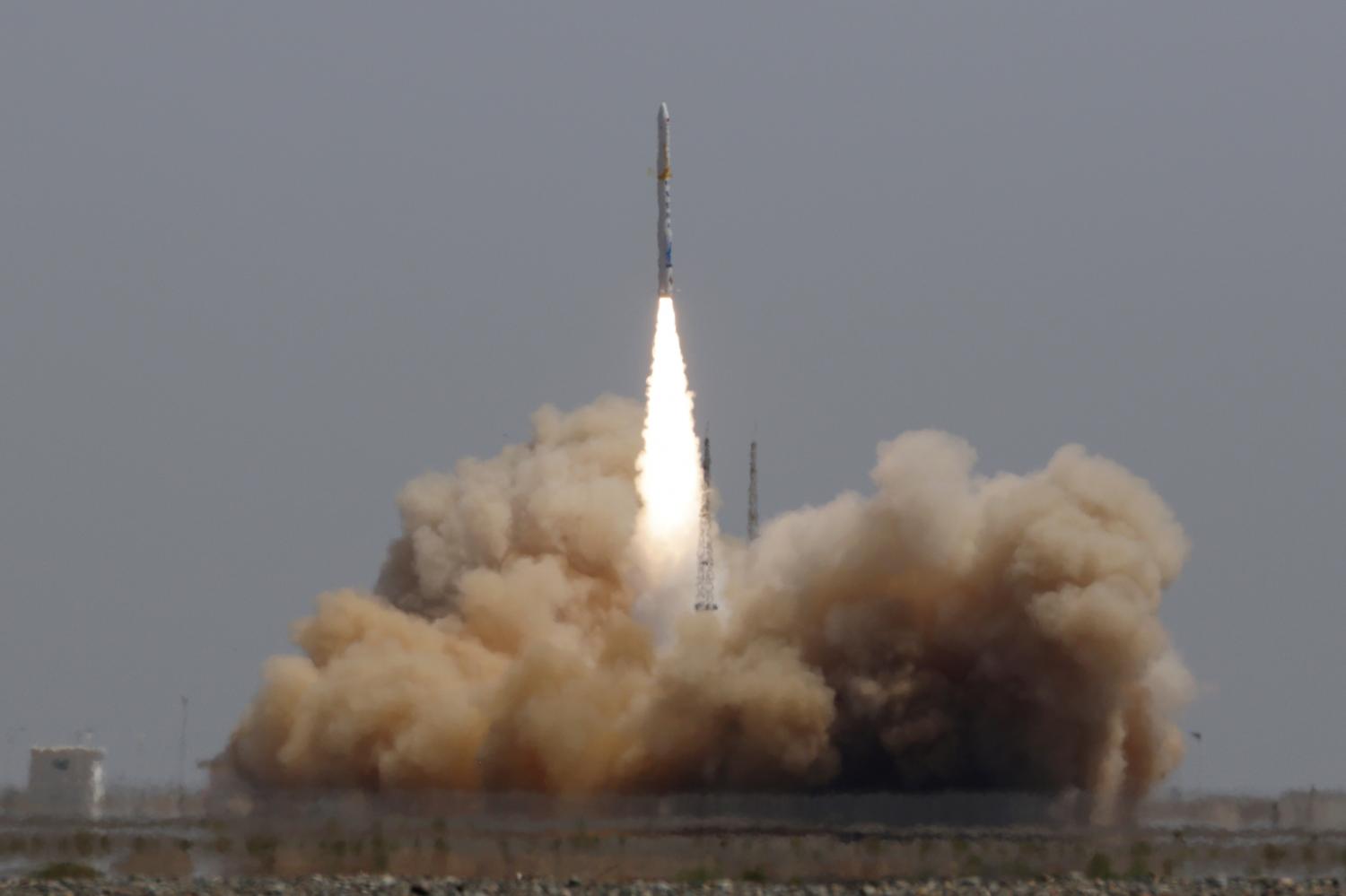
As the last decade ended, China successfully launched Long March 5, its largest carrier rocket and a key milestone for its planned mission to Mars later this year. This followed the achievement of being the first country to land a spacecraft on the far side of the moon, cementing China's place as a serious contender in 21st century space exploration -- a race that is certainly heating up.
US President Donald Trump last month created the Space Force and Space Command with the 2020 National Defense Authorization Act. Establishing the United States' sixth independent military service branch reflects the growing importance of outer space as a new domain of national security and geopolitical rivalries.
Even in today's post-Cold War world, space exploration and defence remain a new frontier of technological advancement, resource extraction and political power. More than 70 nations have created space programmes, including India, Japan and the United Arab Emirates. For the leading players -- the US, Russia and China -- the space race further amplifies earthly economic and diplomatic tensions.
Recently China has outpaced both the US and Russia in space missions, with 34 orbital launches last year and 39 the year before. Sources say the industry is set for another busy year ahead with about 50 planned missions. Heavy state investment is also leading to a burgeoning Chinese private space industry with 100 companies today, up from only 30 in 2018.
This renewed attention on the space race is creating a new growth industry, where major players are deepening their investment in science and technology to gain an advantage over other nations.
The private sector has emerged as a powerful player, transforming the dynamics of an endeavour that used to be largely state-led, especially because private companies are not as constrained by public finance budgets.
Companies such as Elon Musk's SpaceX and Jeff Bezos' Blue Origin have emerged with aspirations to bring people into space and resources down to earth. The Chinese company Interstellar Glory Space Technology (i-Space) was the first Chinese private company to successfully launch a rocket into orbit July last year.
The rapidly accelerating space economy has huge knock-on benefits for downstream sectors, including artificial intelligence (AI) and blockchain applications that can provide real-time forecasts and analyse launch data, as well as implications for other earth-based industrial and internet sectors. For example, SpaceX and Amazon are exploring plans to launch satellites that will offer broadband to communities where current internet coverage is low, promoting greater digital inclusion.
Market analysts have predicted that activities in and related to space could become a multi-trillion-dollar industry in the next few decades. As China and the US continue to compete on various fronts, more exciting developments are still to come as they attempt to turn science fiction into fact.
Suwatchai Songwanich is an executive vice-president with Bangkok Bank. For more columns in this series please visit www.bangkokbank.com